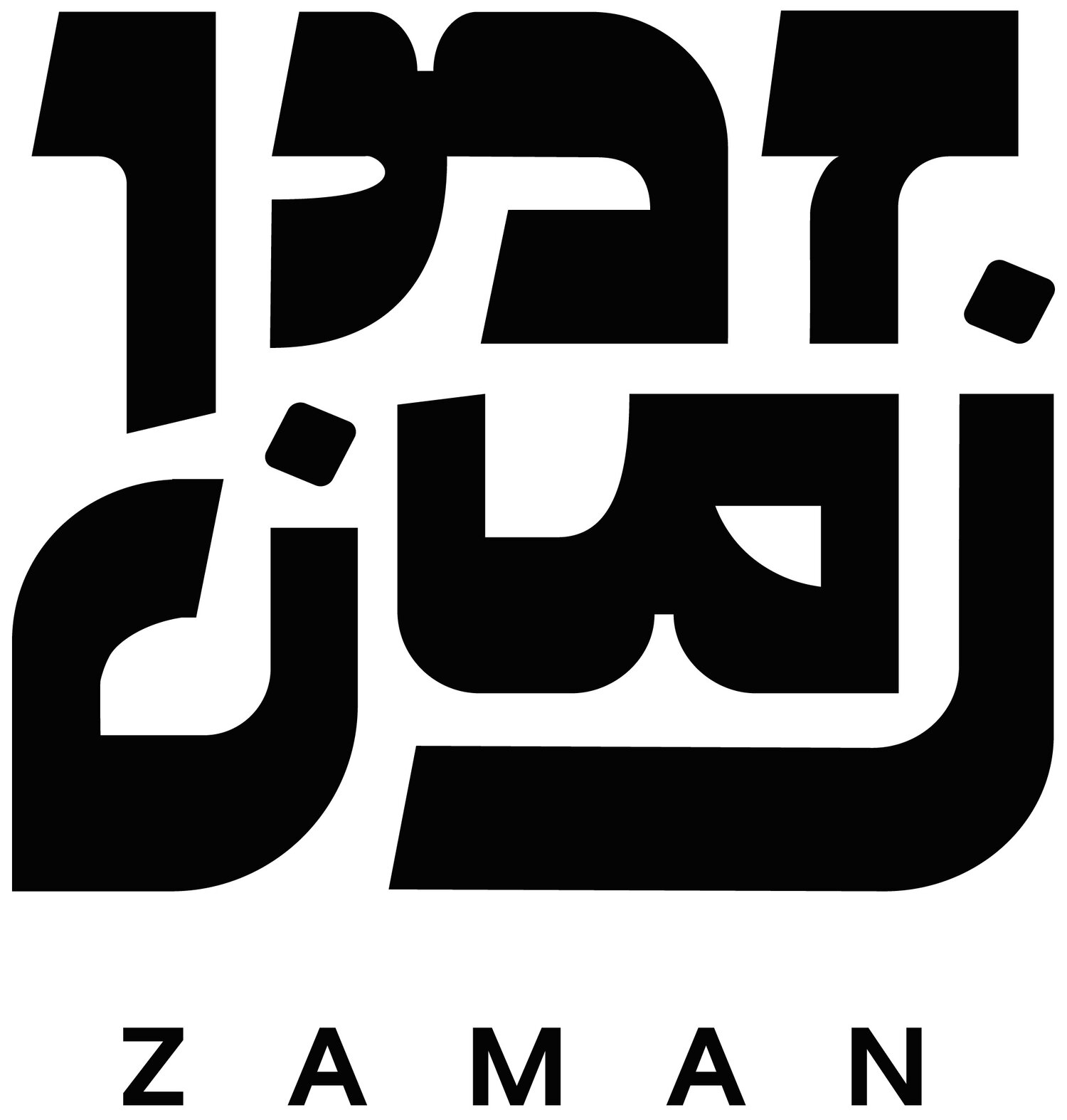ZAMAN was established in January 2019 when six Iranian Jewish students met up in Los Angeles to share some good food and talk about our experiences as Mizrahi Jews in the Western diaspora.
Having grown up in largely ashkenormative environments, we were rarely presented with opportunities to view our familial history and cultural practices as subjects worthy of particular attention– much less in-depth intellectual interest or further study. Most of us hadn’t even heard the word ‘Mizrahi’ until adolescence. We questioned why European Jewish stories, identities, and ways of life seemed to be the only ones that merited this treatment.
We also wanted to take an honest look at the nature of Mizrahi relations with non-Jewish MENA (Middle-Eastern / North African) communities, both historically and today. Despite harboring inextricable cultural links with other ethnoreligious groups like Muslim Arabs, Turks, Iranians, and Kurds, we all noticed that Mizrahi self-perception, both in Israel and in diaspora, is often characterized by a reluctance to admit to or appreciate one’s heritage. We found ourselves asking:
Why do Mizrahim so often feel compelled to diminish their MENA identities in broadly Jewish spaces, and to diminish their Jewish identities in broadly MENA spaces? Why do public representations of Judaism default to the Ashkenazi experience, and why do Jewish institutions solidify the notion that Mizrahi communities, stories, histories and religious practices are somehow not worth addressing? Why do so many Mizrahi children grow up rarely (if ever) hearing that their variant of Judaism even exists? And why do patterns like this so often go unchecked?
ZAMAN (pronounced za-MAHN) seeks to address these questions by providing a platform for up-and-coming Mizrahi artists, writers, and musicians to share their work and soundboard their thoughts on a variety of historical and current subject matters. We aim to foster a clear sense of Mizrahi cultural consciousness in a pluralistic and contemporary manner.
In revisiting the past and engaging in honest discussions about MENA Jewish history, we will work to nullify the notion that Mizrahi stories, voices, practices, and ways of life are not relevant enough to be mentioned in historical records that erroneously claim to give a comprehensive picture of Jewish life.
Furthermore, our content will also serve to create a clearer understanding of what it means to be a Mizrahi Jew in modern terms. Our presence in our Middle-Eastern, West Asian, and North African countries of origin may have been severely diminished, but we still exist in strong communities around the world today. Therefore, our cultural preservation is very much an immediate and ongoing issue– not one that is only accomplished by looking back in time.
This collective will serve to ask thought-provoking questions about the present and the future just as much as it will work to understand the past. The timeline of Mizrahi Jewish life is inherently nonlinear; it is one where memory and current realities often exist in simultaneity rather than in succession— which gave us more than enough reason to choose the name ZAMAN (زمان) meaning time in Farsi, Arabic, and Turkish, and appearing in Hebrew as the word zman (זמן).
Photo: Sophie Levy’s aunt Monika in Tehran c. 1977, less than a year before her family fled Iran

